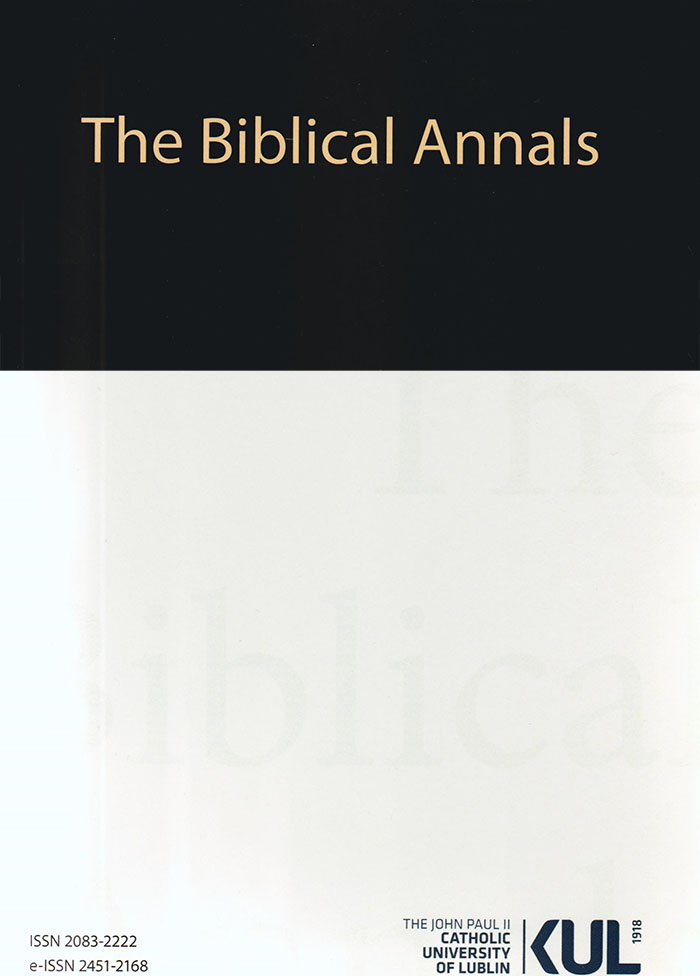The Fruits without the Roots? Postmodern Group-Identity in the Light of Biblical Anthropology
The Fruits without the Roots? Postmodern Group-Identity in the Light of Biblical Anthropology
Author(s): Jaap DoedensSubject(s): Theology and Religion
Published by: Katolicki Uniwersytet Lubelski Jana Pawła II - Wydział Teologii
Keywords: minority groups in the Old Testament; sojourners; slaves; the poor; “sons of the prophets”; Rechabites; biblical anthropology; modernism; postmodernism; group identity
Summary/Abstract: The origins of modern western societies are indubitably rooted in Judeo-Christian values that generated a unique form of civilization over the course of almost two-thousand years. These values have as their core-belief that humans are created in the image of God. This notion deeply influenced views on human identity and on human rights. Since the rise of modernity, these religious roots of the western world-view have eroded gradually as a consequence of secularization. While society increasingly became cut off from its own roots, the fruits of the former world-view were still accepted as desirable. However, emerging post-modernity appears to be in the process of not only losing the roots, but also rejecting the fruits of Judeo-Christian values. As a consequence, human identity is evermore perceived as consisting of – often conflicting – group-identities. The aim of this study is to discover whether biblical anthropology can shed light on the functions of groups within a given society. Being aware of the fact that the way how ancient Israel dealt with minority groups and how this is reflected within the Hebrew Bible is not automatically applicable for present-day societies, we still might be able to glean insights for our present world. In order to attain such, this study first analyzes shortly the post-modern societal situation pertaining to group-identities. Subsequently, the focus will be on how Israel’s self-understanding as “chosen people” is approached critically by some parts within the Old Testament. Following that, the study concentrates on how concrete social and religious minority groups were viewed: the sojourners, the poor, the slaves. Within this approach also the “sons of the prophets” and the Rechabites will be reviewed. The study suggests that the Christian church might have an own alternative narrative within a postmodern world by emphasizing that identity should have a transcendent side, by seeing that the individual is the proper level of identity, and by proclaiming that individuals are called to function with responsibility within communities.
Journal: The Biblical Annals
- Issue Year: 12/2022
- Issue No: 69/2
- Page Range: 309-323
- Page Count: 15
- Language: English

